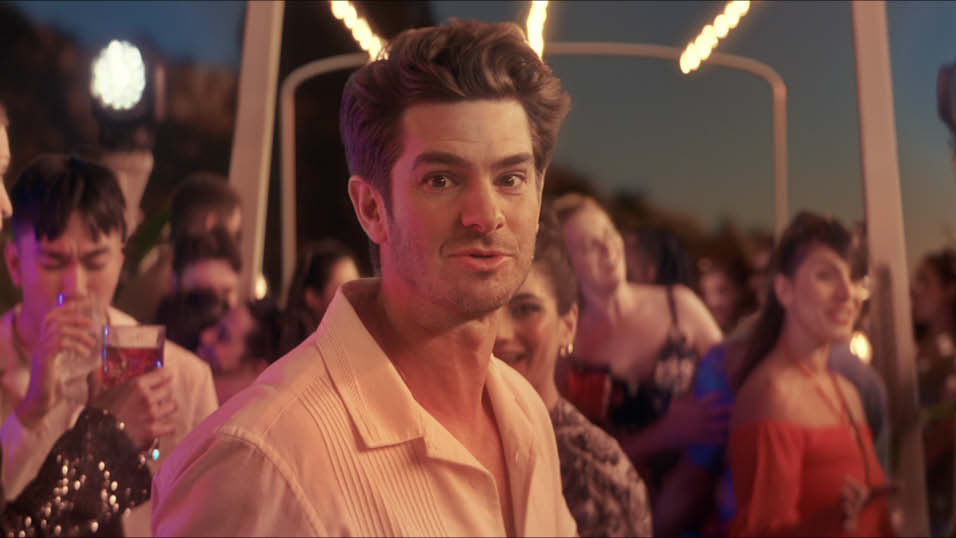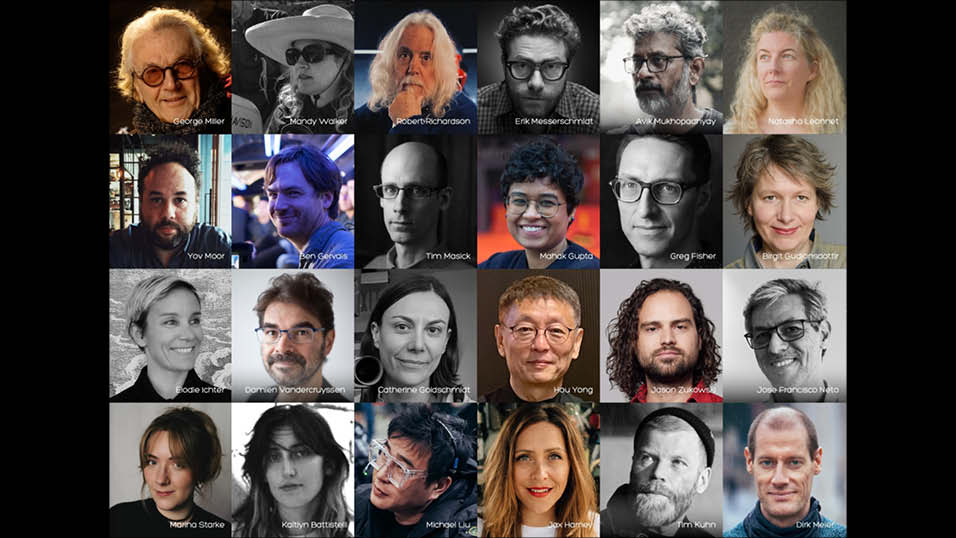Six months ago, Faye Moseley and Lucy Watson joined dock10 studios as camera assistant trainees straight from university. They reflect on how university did – and didn’t – set them up for working in the TV industry.
So, what’s it like leaving university and starting your first job in the TV industry? To be honest, it comes as quite a shock.
Trading in three years of essays, tutorials, exams, parties and long holidays for working full time represents a big change for most graduates. The hours are longer, the holidays are shorter and there are new work routines to negotiate.
The transition also comes with significant changes to your personal life: it might mean a long commute or moving away from family and social support networks. You’ll earn regular money for the first time, but there are a lot of expenses – from housing to travel and council tax.
However, the real challenge when transitioning from education to employment is that the ‘skills gap’ between university and the workplace is so wide.
There is so much to learn when you start employment in the TV industry for the first time, even for graduates who took specialist media degrees like us.
We both spent three years at university, studying TV production (Lucy) and film (Faye). As soon as we graduated, we started working as camera assistant trainees at dock10.
University is great and we wouldn’t have missed it for the world. It definitely helped us to grow in confidence and provided us with knowledge of the industry. Putting our university courses on our CV also helped us get our foot in the door when applying for jobs.
But university didn’t necessarily equip us with the practical, day-to-day skills we needed for working in TV. It was a bit of a bubble, remote from industry, with more of a focus on theory than practice.
University raises your expectations. It sets you up to think you can be a director, a producer or a camera operator soon after leaving. The reality is very different. For most people it will take years to achieve those job titles.
For example, you need to learn your trade as a camera assistant for a long time before you can call yourself a camera operator. There is a reason for this – you have to gain experience on a wide variety of shows so you can be trusted to deliver on the day and under pressure. There is no simple shortcut: it just takes time and practice to become a camera operator.
Sure, at university we did gain some practical knowledge and useful skills. We got to try out cameras and other kit. But there is very little overlap between the kit we practiced with at university and what we use in the industry.
It’s also hard for universities because there are so many different jobs in TV. No course can cover them all in the depth needed for industry. Learning to shoot a high-end drama with a single camera on location, for example, is world away from knowing how to make studio-based multicamera entertainment shows.
The truth is that a lot of universities don’t necessarily prioritise practical, skills-based learning. The main focus is on academic work like essays and dissertations. That is probably not surprising: when there are so many students, it’s easier and more cost effective to give them essays to write than to equip them all with cameras and expensive kit.
There is also very little overlap between university and the TV industry. Universities seem to operate in their own world, and most have very few ties to workplaces that students can benefit from. When we were at university, industry seemed distant and faraway; there were few, if any, opportunities for work placements.
One of the biggest surprises about starting work in the TV industry is how much there is to learn. You are interacting with people all the time, absorbing information, and trying to do the job to the best of your ability to tight deadlines. When you are fresh out of university, it’s a big change and can be very tiring. Over time, you find you build up more stamina and start to get used to it.
Even though there is a massive gap between what you learn at university and the reality of working in TV, some people who have been through university can act like they know everything. Big mistake! It’s important to be honest about what you can and can’t do. You’re not expected to know everything, and you’ll learn on the job while working with other people. If we’ve learned one thing since leaving university, it’s always best to be upfront about what you know – and all the things you don’t know.
Jon Creamer
Share this story


















